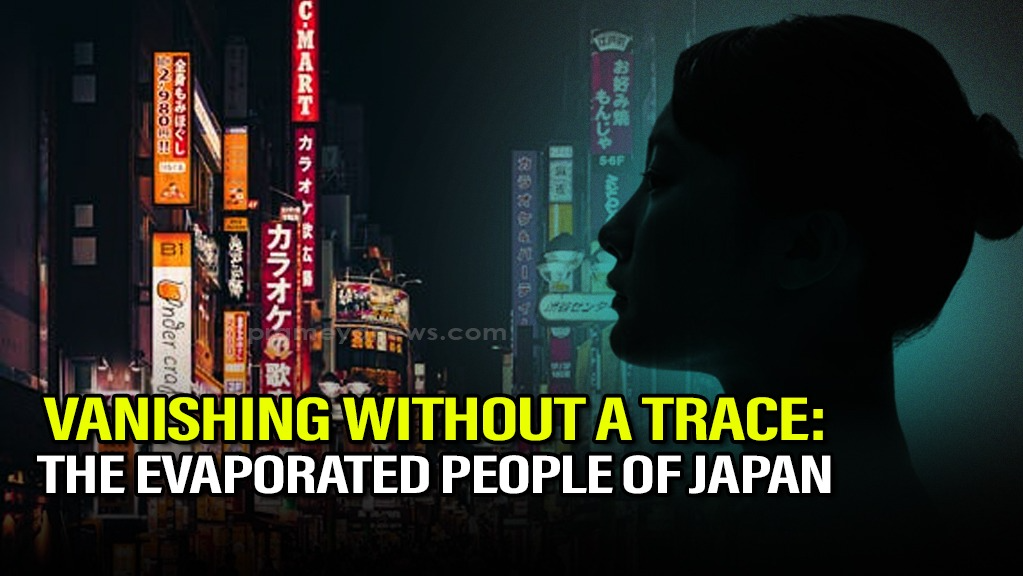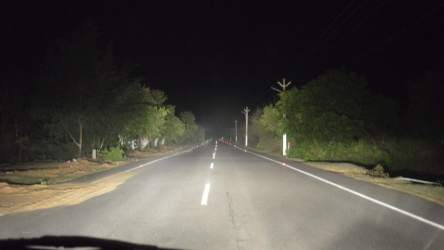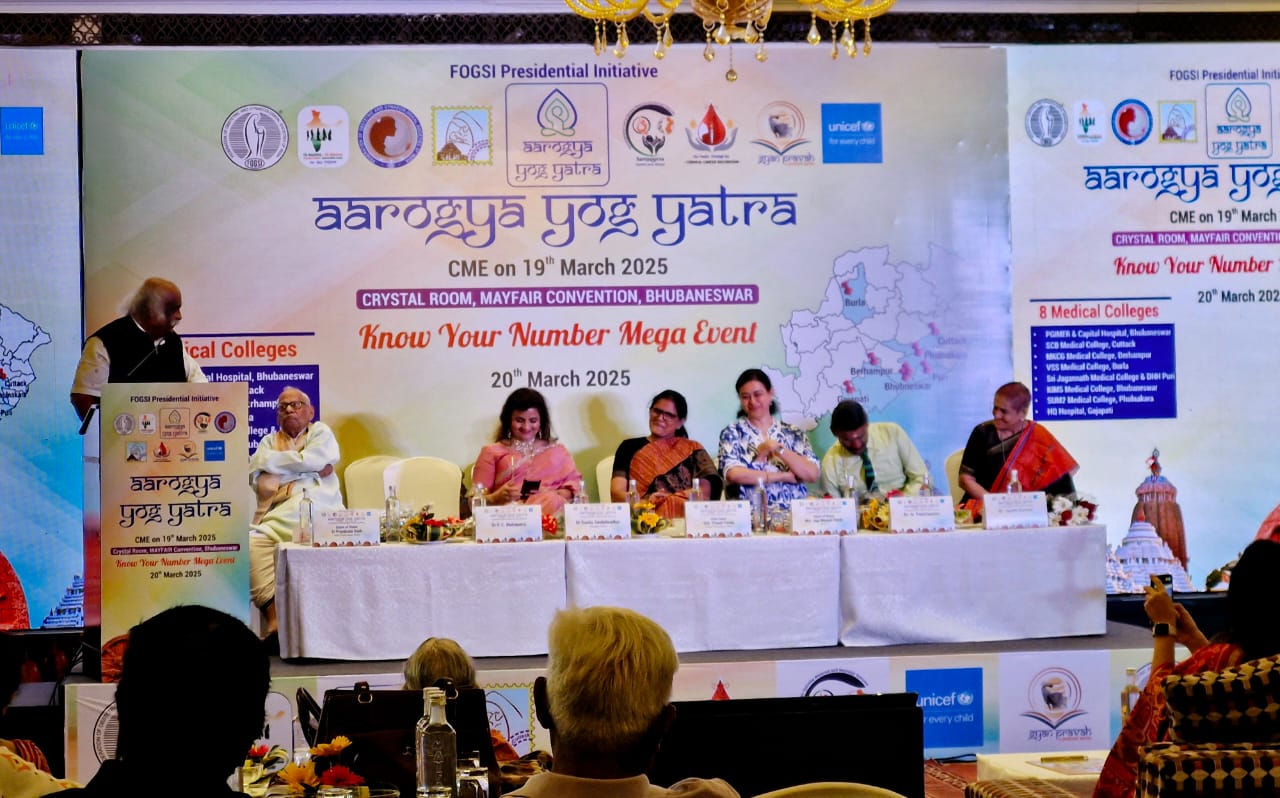The term, meaning "evaporation" in Japanese, refers to individuals who intentionally vanish from their established lives, leaving no trace of their whereabouts. This is a disturbing social phenomenon known as ‘JOHATSU’ in Japan
Join the Whatsapp Channel to Get News updates in english
Defining Johatsu
Johatsu or "evaporation," is a term in Japan that describes the deliberate act of individuals severing all societal ties and vanishes into oblivion. These individuals abandon their homes, families, jobs, and sometimes their identities, and disappear into oblivion. Though disappearances occur in many locations (worldwide) due to security, spiritual or for criminal reasons but Johatsu are more prevalent in Japan due to their cultural factor. This is often rooted or in other words to escape societal shame or unbearable surroundings & environment. Johatsu typically refers to individual disappearances, the term "yonige" describes a similar phenomenon involving families disappearing overnight.
Historical Context
The term Johatsu emerged in the 1960s, referring to individuals who want to escape from unhappy marriages thus avoiding formal divorce and legal proceedings. The disappearing act in Japan has its ties to Atami, a thermal resort near Tokyo. Individuals seeking to vanish would retreat to Atami, planning their future within the vapours of the onsen (hot springs). This is linking it to a tradition of seeking escape and renewal. The phenomenon was more prevalent during the "Lost Decade" of the 1990s, an era which was marked by economic hardship and job losses, thus individual chose to Johatsu or suicide as a means of escape. Several social and cultural factors contribute to the prevalence of Johatsu in Japan, like failing to meet societal expectations, whether in academics, career, or personal life, can lead to feelings of shame and inadequacy.
Johatsu is also seen as a way to escape the shame of failure and protecting one's family from the social stigma are also associated with it (Johatsu). This shame can be so profound that it prevents individuals from seeking help, even when facing extreme hardship. The stigma associated brings in isolation, it is then Johatsu seems the only option to opt for. Handling the cost of suicide by the near ones is so high that many opt for Johatsu, sparing them the brunt post death.
Work Culture
Japan's demanding work culture, characterized by long hours and intense pressure to excel is another contributing factor to Johatsu. The fear of job loss and the shame associated with it can drive individuals to choose Johatsu as the best option. This intense work culture is linked to the phenomenon of "karoshi" (death from overwork), highlighting the extreme pressures individuals face in Japanese society.
Lack of Support Systems
Limited familial and community support networks can aggravate the feeling of isolation and desperation, making Johatsu the only viable option for some. This lack of support contributes to the sense of shame and the belief that disappearing is the only way to cope with failure or hardship.
Legal and Societal Implications
Privacy Laws: Japan's strict privacy laws make it difficult to track down individuals for those who have chosen Johatsu. Police intervention is generally limited unless there is evidence of a crime or accident. Though police may investigate provided evidence suggest a possible suicide. The legal framework in Japan is very strong for protecting individual privacy, this is a hindrance for locating missing persons and the family can’t do much for the missing their dear ones. The lack of closure and the inability to understand the reasons for their disappearance leads to prolonged grief and trauma.
Social Stigma: The stigma surrounding Johatsu prevents the families from seeking help or social counseling. This further isolates the families and hinders efforts to address the underlying social issues contributing to Johatsu.
Support Systems
While support systems for individuals considering for Johatsu are limited, some resources are available through:
Yonige-ya: These "fly-by-night shops" are businesses that specialize in assisting individuals with disappearing. They provide services such as planning the disappearance, moving belongings, and providing temporary accommodation.
Non-profit Organizations: Organizations like the Missing Persons Search Support Association of Japan offer support and resources to families of missing persons, including those who have become Johatsu.
Shelters and Support Centers: Some shelters and support centers, like Moyai in Tokyo, provide assistance to individuals facing economic hardship or social isolation, which may be contributing factors to Johatsu.
Butler Cafes: While not directly related to Johatsu, "butler cafes" offer a form of temporary escapism for individuals who have work stress and disturbed family life. These cafes services provide a brief respite from the pressures of everyday life.
Finding the Johatsu
Locating individuals who have become Johatsu presents significant challenges. Private investigators often face limitations due to Japan's strict privacy laws and the lack of access to crucial information like cell phone records and security footage. This makes it incredibly difficult to track down individuals who have deliberately taken steps to erase their past. Furthermore, many families who cannot afford to hire private investigators are just left with a dead end.
Recent Cases and Trends
Increase in Numbers: Estimates suggest that approximately 100,000 individuals disappear annually in Japan. However, the actual number may be higher due to underreporting and the lack of a centralized missing person’s database in Japan.
Gender Disparity: While both men and women become Johatsu, but it is more prevalent for men doing the disappearing act. This is linked to the societal pressure on men as they are the primary breadwinners and the shame associated with failing to fulfill this role.
Online Resources: The internet has made it easier for individuals to access information about Johatsu and connects with services that facilitate disappearances. Online guides and forums provide instructions and support for those considering Johatsu.


















































